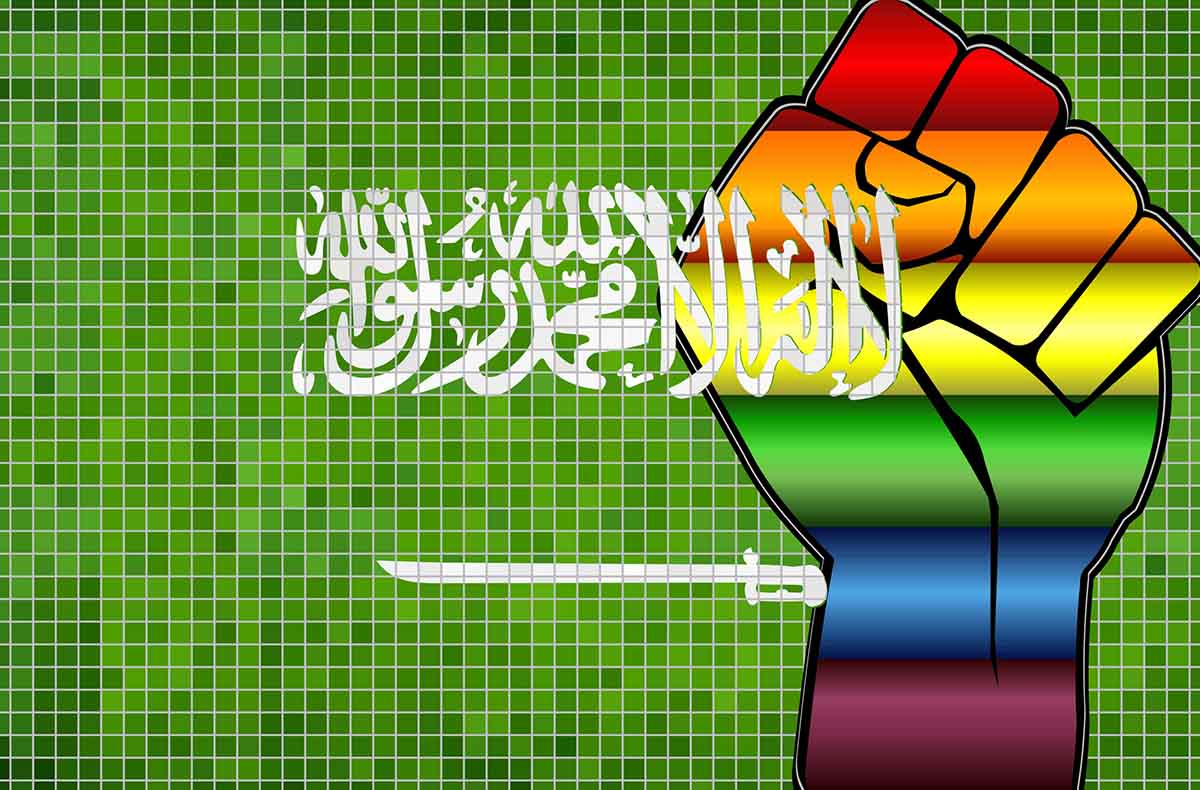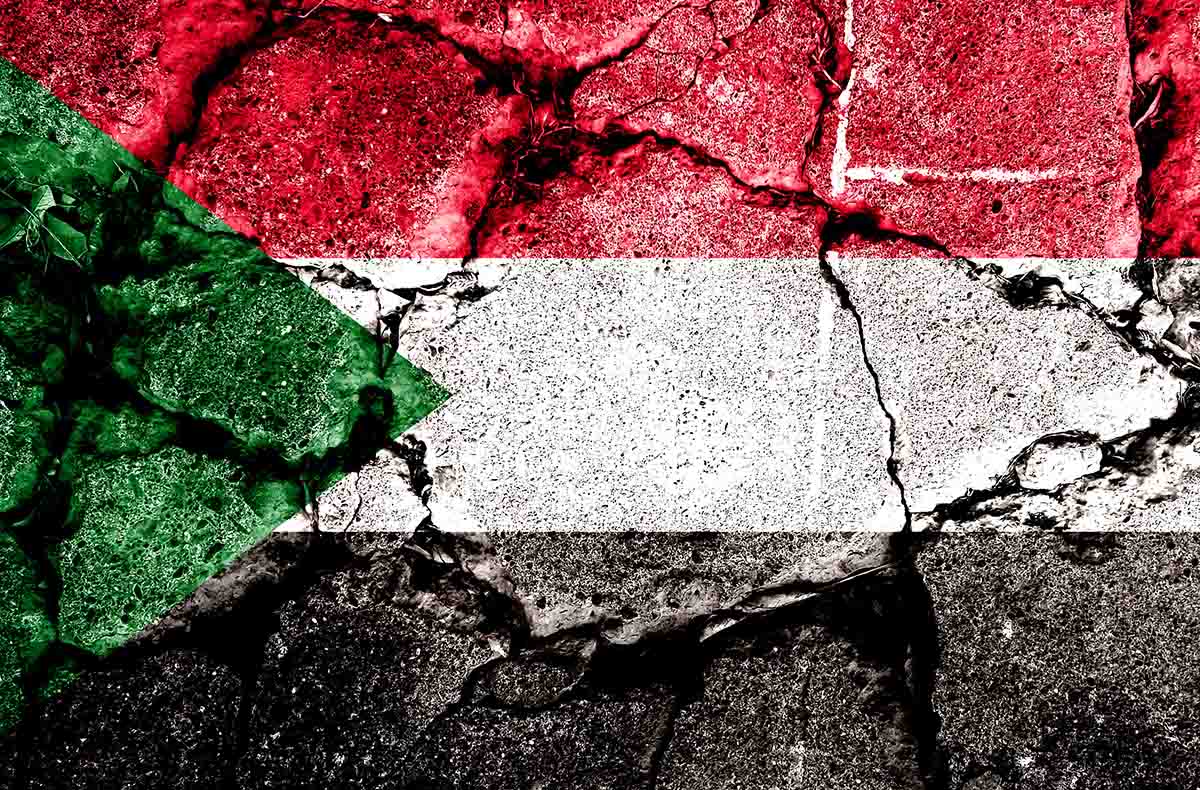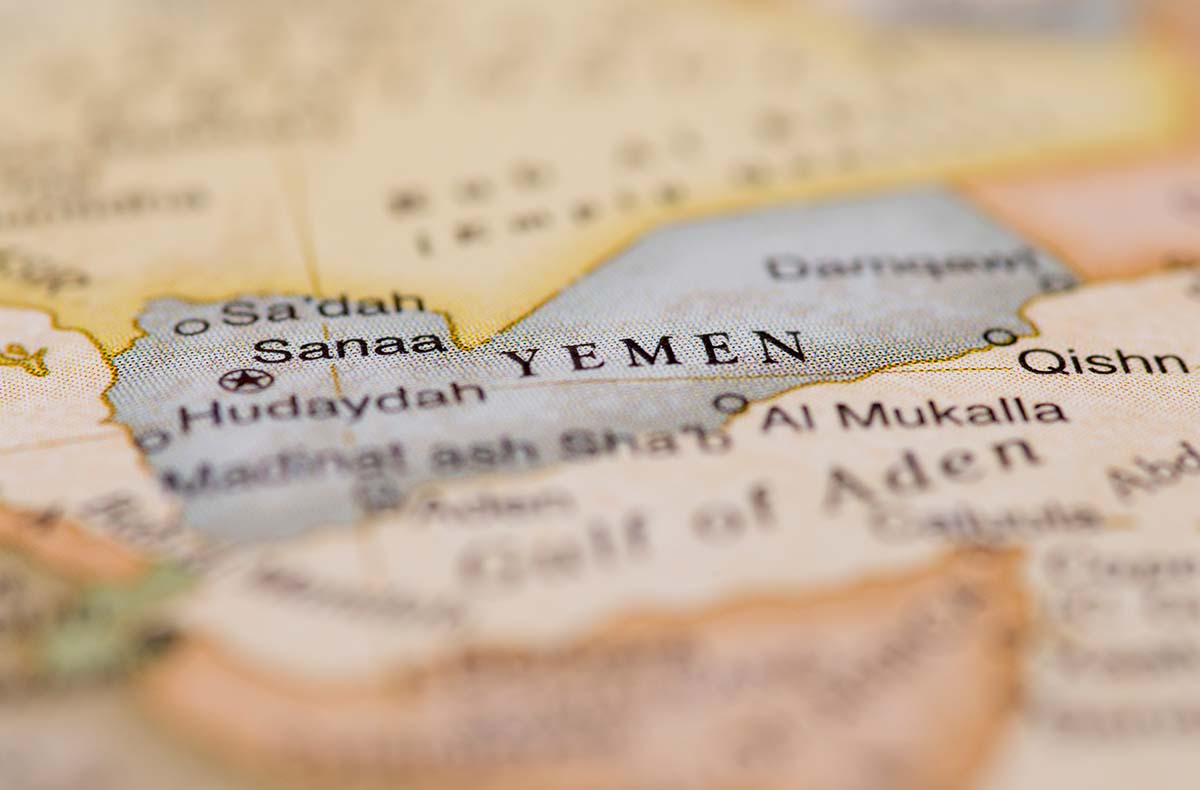
Last month, Indonesian influencer Lina Luftiawati was named in a blasphemy case for eating pork in a TikTok clip. Luftiawati, who uses the name Lina Mukherjee on social media, said bismillah that translates into ‘in the name of God (or Allah)’ in Arabic, before eating the serving of pork, which is haraam (forbidden) as per Islamic injunctions. The influencer had been targeted by a fatwa (Islamic edict) by Indonesia’s top Islamic body immediately after the release of the video in March.
Even though she has since apologized—for eating food of her choice and prefixing it with a common Arabic phrase—and managed to evade jail time, the menace of Indonesia’s blasphemy law still hovers over Luftiawati and innumerable others aspiring to exercise freedom of expression and conscience in the world’s largest Muslim-majority country.
Several Indonesian internet users, including YouTubers and TikTokers, have been jailed for blasphemy against Islam in recent years. While blasphemy against any of the six recognized religions in Indonesia is punishable under law, a vast majority of the cases are registered over sacrilege against Islam and target non-Muslim minorities. In April, a Christian YouTuber was sentenced to 10 years in prison for his comments on Islam’s prophet Muhammad. Last year, a bar chain’s promotion of free drinks for men named Muhammad saw six people arrested for blasphemy in Jakarta.
Officially secular, Indonesia constitutionally protects six religions: Islam, Catholicism, Protestantism, Hinduism, Buddhism, and Confucianism. However, with 87 percent of the population adhering to Islam, many of the laws designed to shield the six religions have overwhelmingly become tools of Islamist intimidation.
In Aceh province, Islamic sharia prevails with punishments such as public flogging for drinking, or sex outside of marriage. More than half of Indonesia’s now 38 provinces had imposed a mandatory hijab in public schools until the compulsory Islamic dress code was overturned in 2021. Such Islamic enforcement has been a part of Indonesian policymaking for decades.
Historical implementation of the blasphemy law
Indonesia’s blasphemy law, too, has a decades-long history, which has seen it evolve into the foremost Islamic supremacist weapon. In 1965, Sukarno, Indonesia’s first president, passed the decree Preventing the Misuse and Defamation of Religion, which has since been incorporated in Article 156a of the Indonesian criminal code, which criminalizes “hostility, hatred, enmity, or abuse” against any of the officially recognized religions.
Aimed to sustain the political support from Islamist groups, and coalition with Nahdlatul Ulama, the decree’s curtailment of “misuse of religion” clamped down on Indonesia’s syncretic traditions, allowing Islamic clerics to suppress sects that they deemed “deviating from the mainstream teachings and practices”. This consolidation of religion, and institutionalization of religious sway in Indonesian statecraft, paved the way for the gory marginalization of minorities within Islam, such as the Ahmadiyya Muslims, whose beliefs were criminalized in 2008 and continue to be targeted by mobs.
Even so, under Suharto’s dictatorship from 1967 to 1998, Indonesia had a mere eight blasphemy convictions given the relative futility of using blasphemy as a political pressure tactic against totalitarian regimes, which gradually increased in synchrony with the country’s democratization. The number rose to 125 in the decade under Susilo Bambang Yudhoyono until 2014. Today, the tally of people imprisoned for blasphemy in Indonesia has crossed 150 amid an escalating number of blasphemy cases being registered in the country.
Officially secular, but in practice?
In discussions pertaining to Islamic blasphemy laws, it is usually the 12 states that uphold capital punishment for offending Islam, or the 20 others that similarly elevate Islam above other religions that remain under the spotlight. Indonesia’s blasphemy law underlines how an officially secular and democratic state can fall prey to majoritarian stranglehold by failing to neutralize religion. The country’s de facto capitulation to Islam, and masochistic upholding of its dangerous blasphemy law, has been further reaffirmed by the latest Criminal Code (KUHP) passed last year.
Touted as an effort to address Indonesia’s fault lines in the buildup to the legislation, the KUHP has instead hammered more nails in its secular democracy, by banning insults against the president, criminalizing extramarital sex, and silencing critique of Pancasila—the country’s foundational ideology.
On the blasphemy front, Indonesia has further added to the already perilous restrictions, by doubling down on its erstwhile clauses preventing contempt against religion, by adding bans on “inciting another person(s) to become non-religious or change religion” in Article 302, which in effect aims to curb apostasy and atheism. Nonbelief has long been targeted in Indonesia using the double whammy of Islam and Pancasila, the latter mandating belief in ‘One and Almighty God’.
Whether it’s upholding monotheism through Pancasila, the coercion against irreligion, official recognition of six religions in a land of hundreds of faiths and beliefs, the suppression of sexual liberties—which in turn subjugate women and members of the LGBT community—or the erasure of dissent against Islam, it is evident that Indonesia has successfully upheld religious dominance without explicitly spelling it out in the KUHP.
This treachery is best epitomized by the prevalence of a skewed blasphemy law, in the still officially secular state, which can be used to imprison individuals for their choice of food and drink, personal lifestyle, and personal thought, as an offence to religion.
True secular democracy can only be upheld via unflinching neutrality on belief, and nonbelief, and elimination of blasphemy laws altogether. As long as intangible religious beliefs are granted legal rights reserved only for humans, especially when done selectively through the majoritarian lens, religious thuggery becomes inevitable. Legislative efforts, therefore, need to be directed towards protecting all individuals’ equal, and identical freedoms, including the fundamental right to express beliefs and ideas that might be offensive to one or all.



